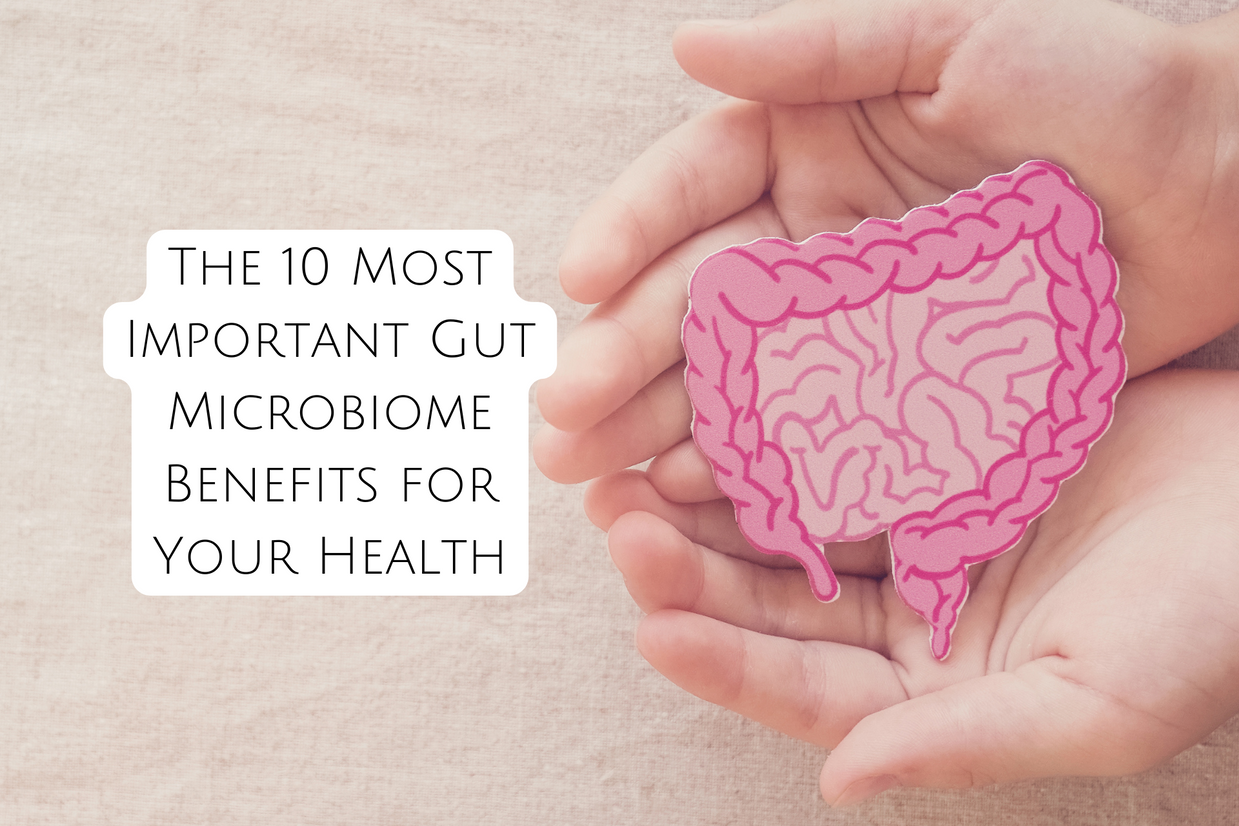The 10 Most Important Gut Microbiome Benefits for Your Health
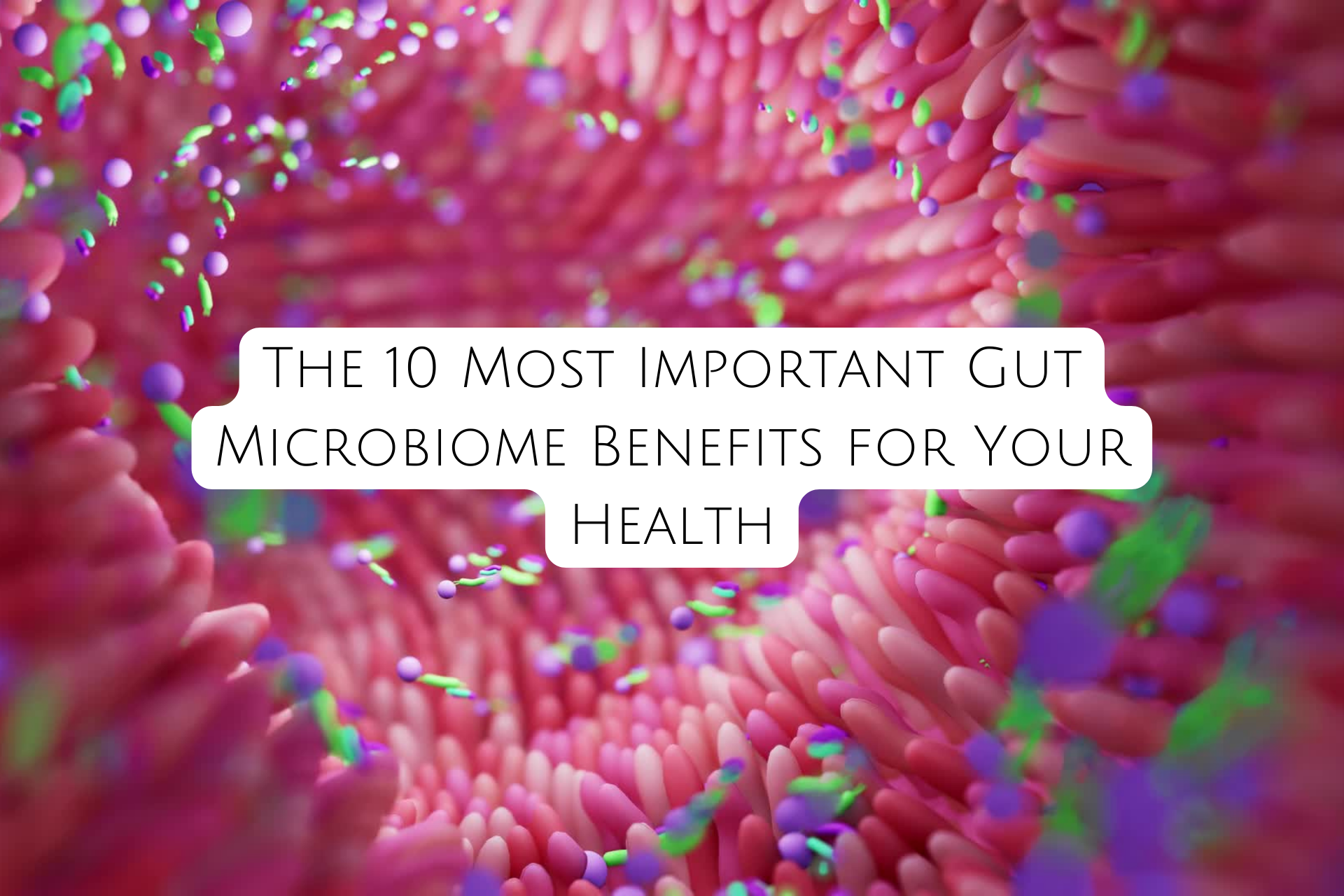
What is the Microbiome?
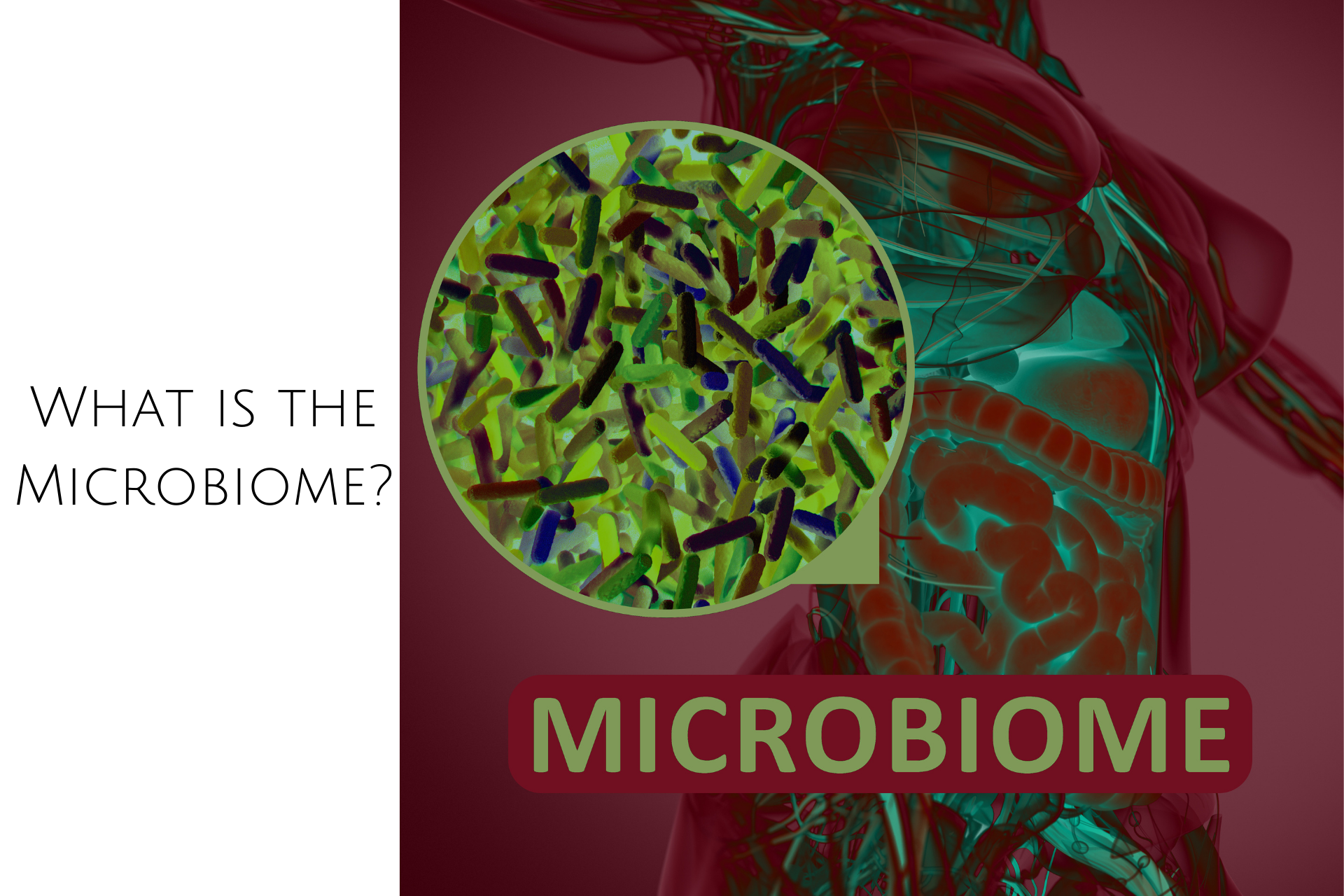
The microbiome is a complex ecosystem of bacteria, viruses, and other microorganisms that live in and on the human body. The microbiome plays a role in many aspects of human health, including digestion, immune system development, and mental health.
The microbiome is a collection of microscopic organisms that live in and on your body. Most microbiotas reside in the digestive tract and some can be found elsewhere in the body. The microbiome plays a vital role in metabolism, digestion, and immune function, so when it’s out of balance you may experience gastrointestinal symptoms like bloating or constipation. The microbiome consists mainly of bacteria, but can also include other microorganisms such as fungi or viruses. It exists between the spaces between cells in our body and our body organs like skin, lungs, digestive tract, and genitals.
What is the Gut Microbiome?
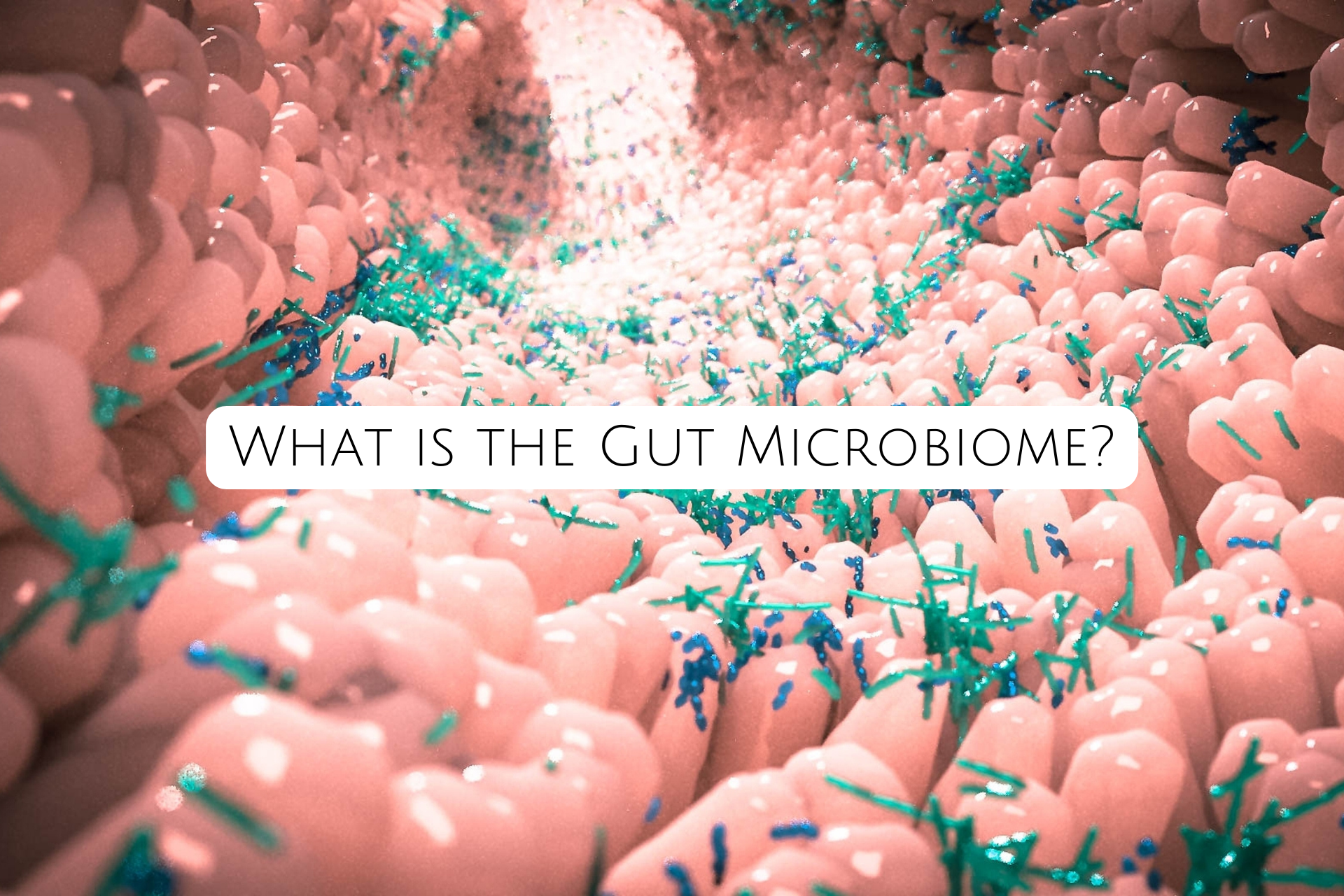
The gut microbiome is the collection of all the microbes that live inside your intestines. It's crucial for your health because it regulates your immune system, helps you digest food, and keeps you from getting sick.
The good bacteria in your gut can also be used to help regulate the microbiome of other people. So, if you're going on your honeymoon and want to help your spouse get healthy too, then you should probably pack some probiotics for her souvenir.
Probiotics can play a role in modifying the gut microbiome. Probiotics can be delivered orally, by injection, or via fecal transplantation.
Some probiotic strains may also modulate the immune system and alter intestinal permeability; other probiotics may help in preventing pathogenic bacteria and viruses from adhering to the intestines while others may protect against pathogens by altering the metabolic phenotype of pathogenic bacteria or suppressing their virulence factors.
Probiotics are live microorganisms that when ingested in adequate amounts confer a health benefit on the host. Based on evidence from these preclinical studies, we provide clinical guidelines for use of probiotics to improve gut microbiota and immune function in adults.
How does the gut microbiome affect the body?
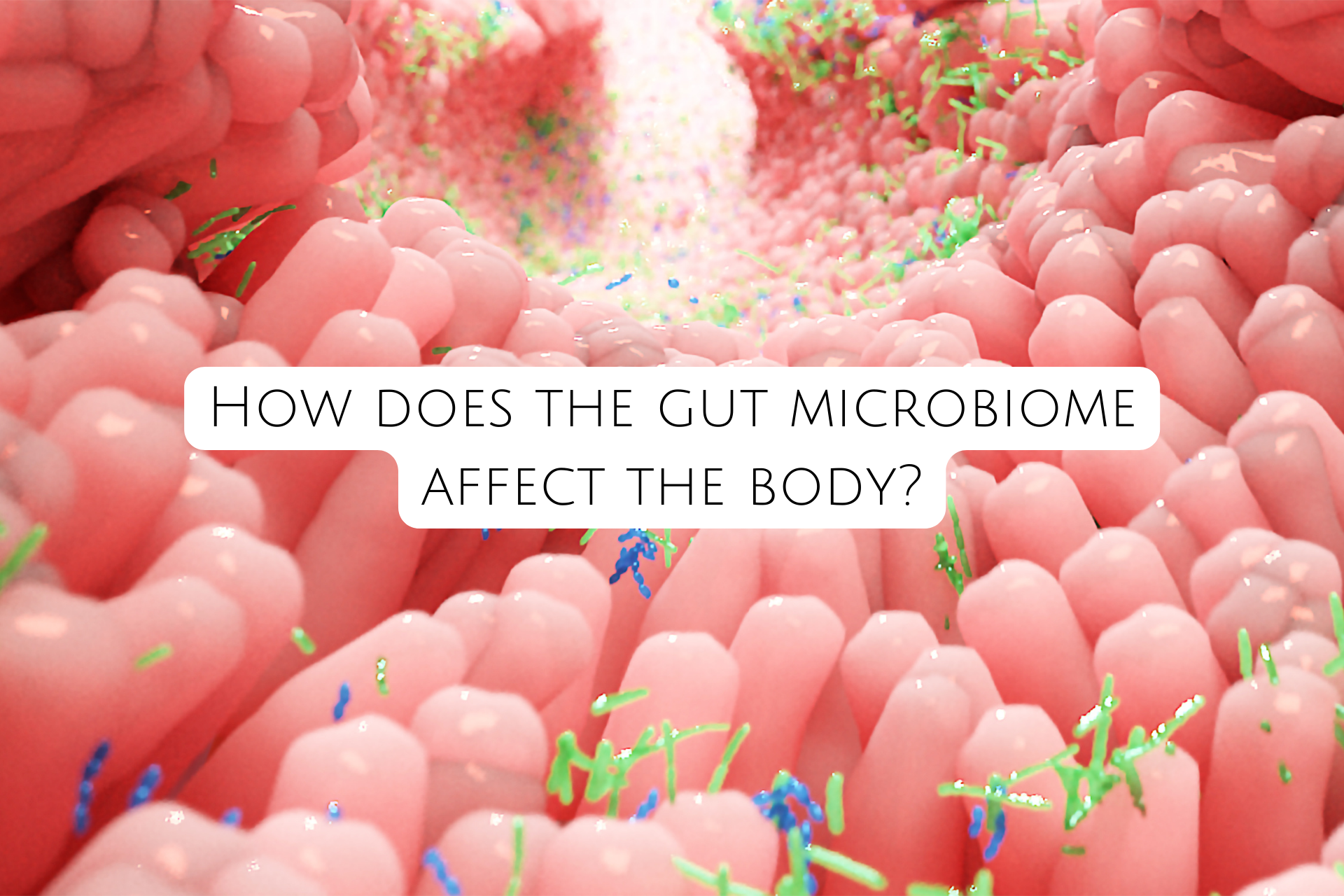
The gut microbiome is responsible for many physiological functions, including immune function, metabolism, and vitamin synthesis. It also helps to regulate our moods and mental health.
The gut microbiome is a complex ecosystem of trillions of bacteria, which resides in the intestines. It is responsible for extracting nutrients from what we eat and then converting them into energy.
The 10 most important gut microbiome benefits for your health are:
1) Digestion: The gut microbiome helps digest food by breaking down tough plant fibers that would otherwise be inaccessible to our digestive system.

2) Immunity: The gut microbiome helps protect us from harmful bacteria and viruses in our environment by producing antimicrobial substances.
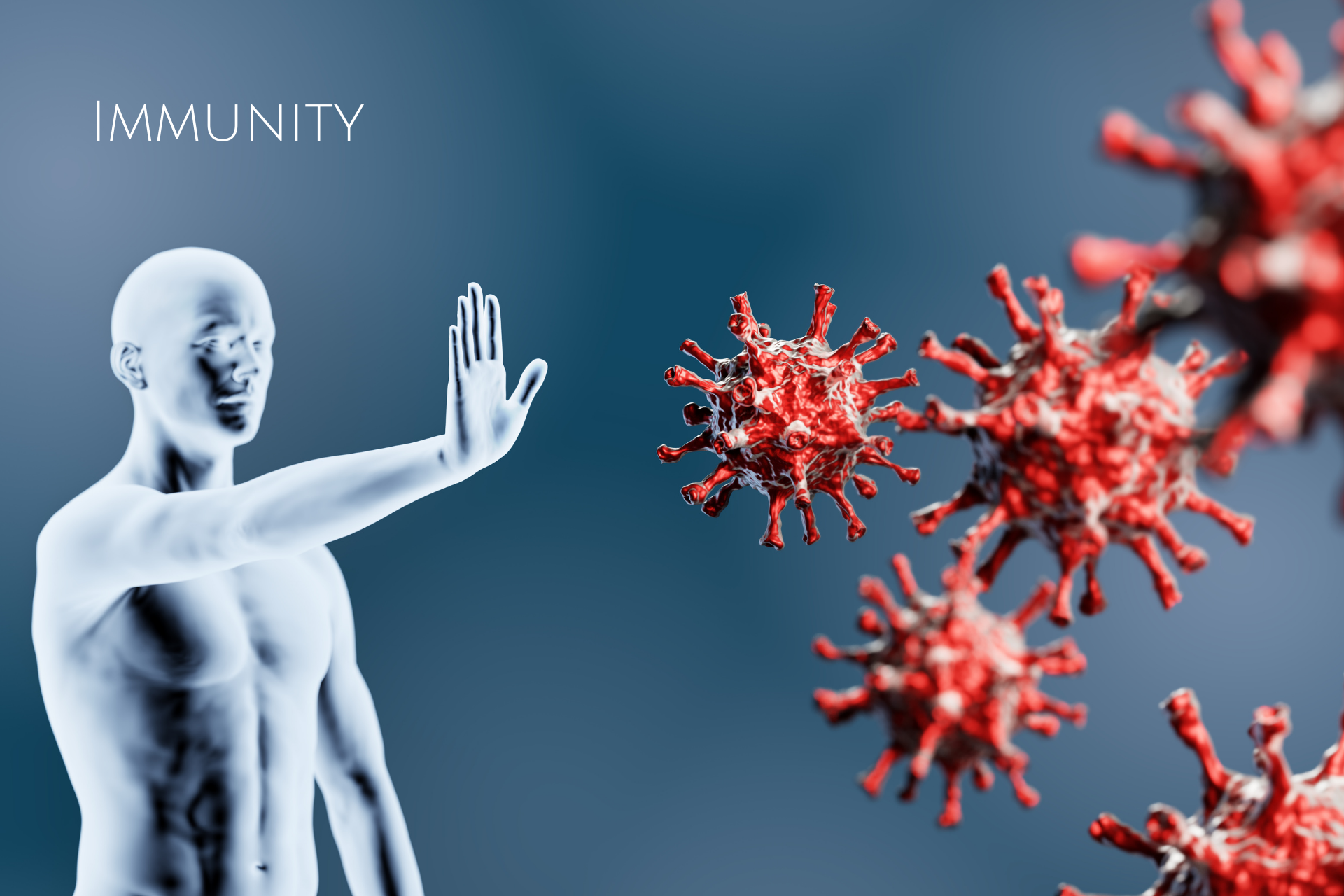
3) Weight Loss: Gut microbes play an important role in regulating metabolism and controlling appetite, which can lead to weight loss.

4) Depression: Some studies have found that certain types of gut microbes may help alleviate symptoms of depression, anxiety, and other mood disorders.

5) Brain Function: The gut-brain connection has been studied extensively in recent years, with evidence suggesting that the two organs are connected via the vagus nerve or through other pathways such as the sympathetic nervous system. The vagus nerve connects the gut to the brain and other organs in the body. It helps to regulate mood and stress.

6) Weight Gain: The human body has an intricate system of checks and balances when it comes to weight management. The composition of the human body’s microbiota can have an effect on how much weight they gain or lose over time.

7) Diabetes: Gut microbes may help regulate blood sugar. They found that people with a healthy gut have a greater diversity of microorganisms that successfully control the glucose in their blood. This is significant because it suggests that changing one’s diet can greatly increase the risk of developing diabetes.
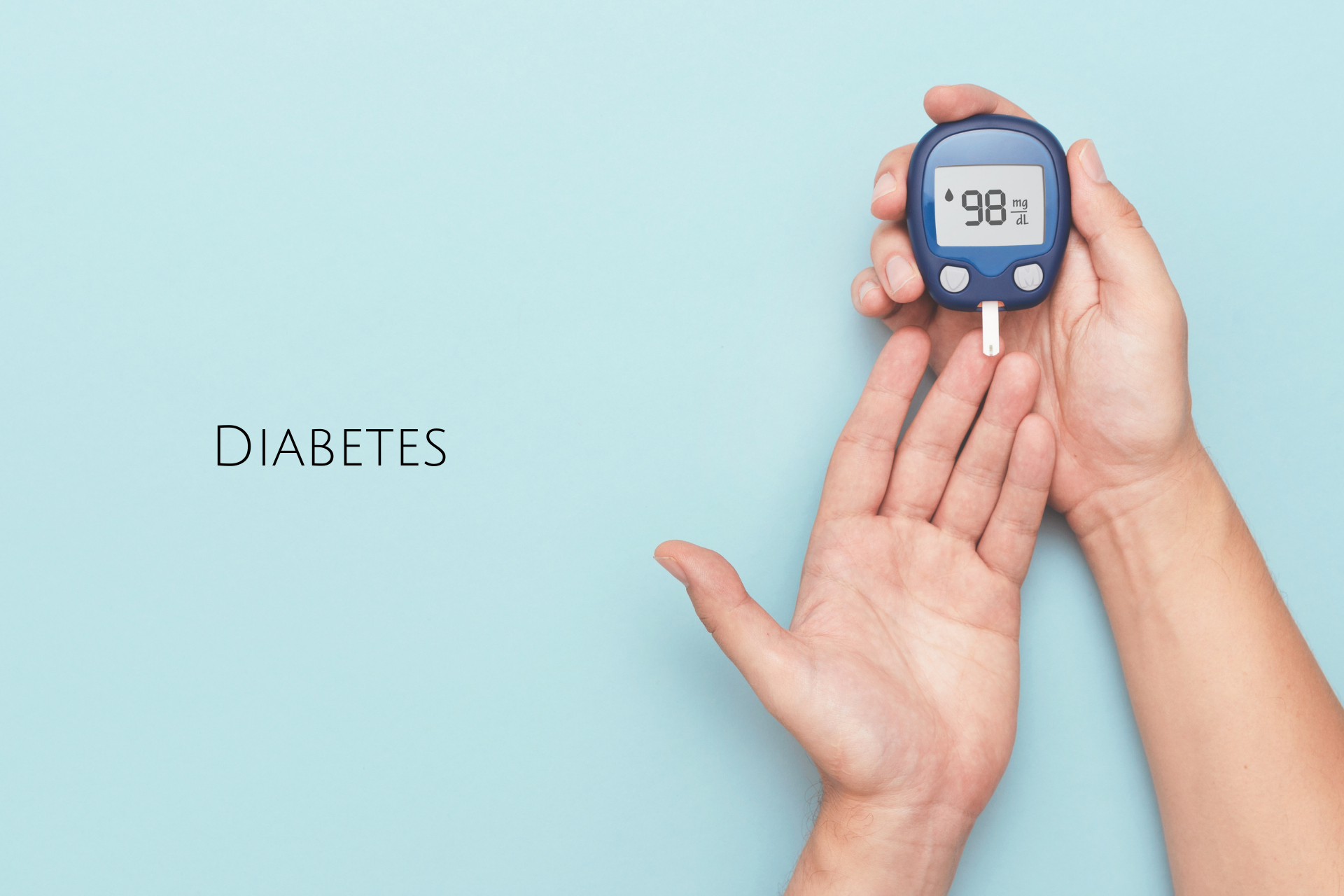
8) Gut Microbiome May Help Control Obesity: The complex interaction of gut microbiota is needed for the optimal development of a good metabolic balance.

9) The gut microbiome affects brain health: there is a link between the gut and the brain.
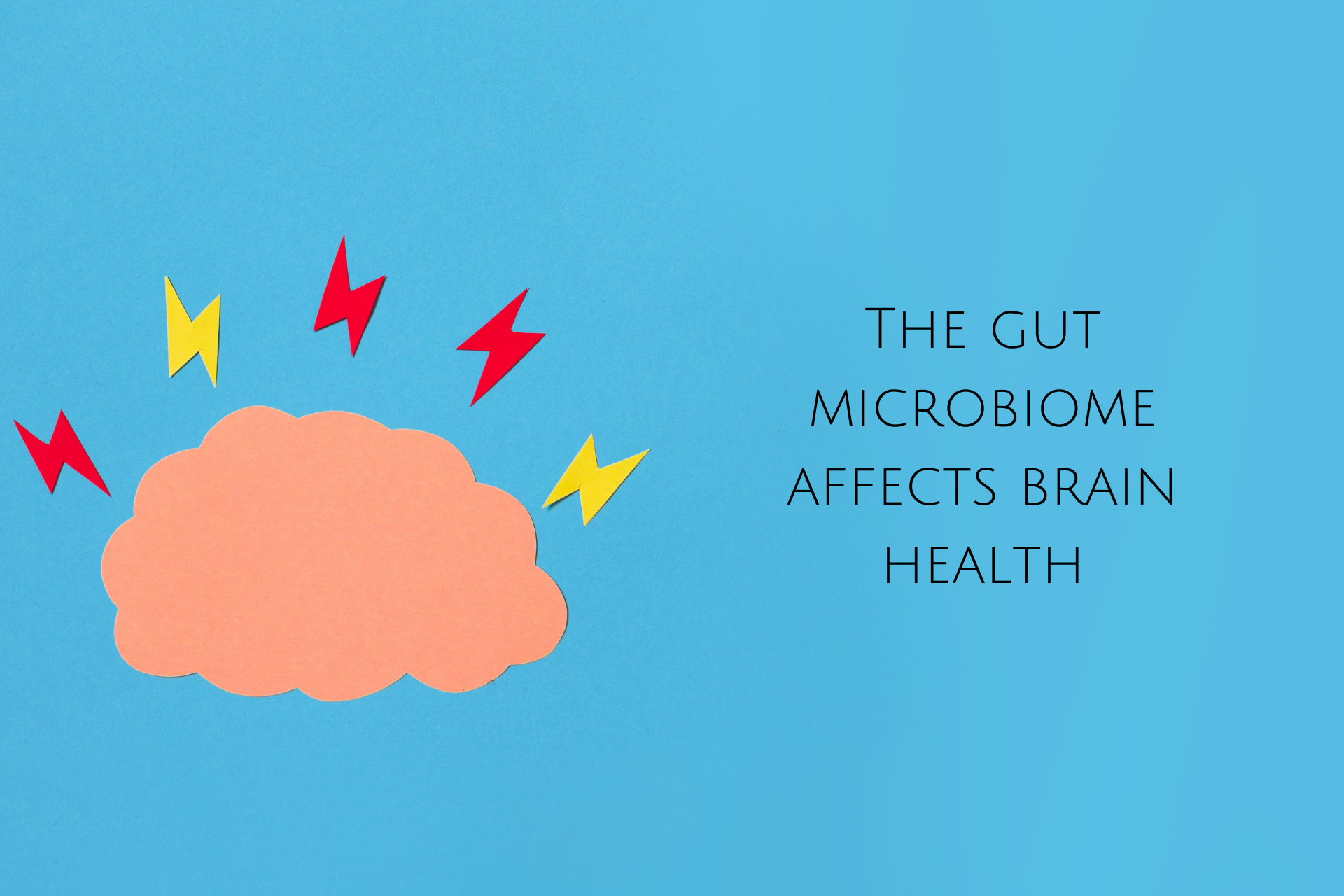
10) It protects against allergies: Babies born by Cesarean section are at an increased risk of developing allergies later in life because they lack exposure to their mother’s microorganisms during birth.

The gut microbiome may benefit heart health.
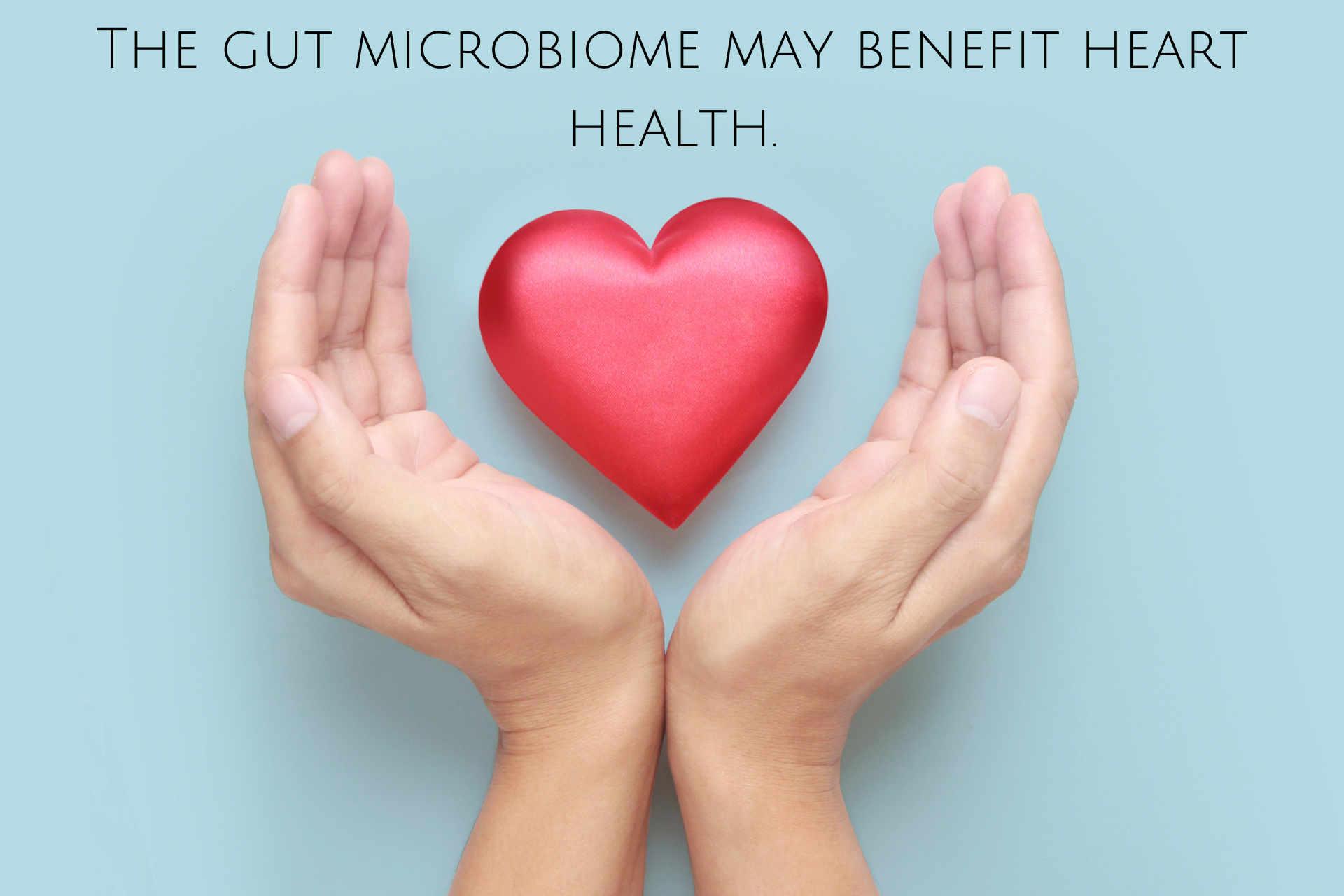
The gut microbiome is one of the most important parts of our body. The gut microbiome may benefit heart health by reducing inflammation in the body. It also helps the heart to function better by improving blood circulation and lowering blood pressure. The gut microbiome has been shown to improve heart health by lowering inflammation in the body. It helps the heart function better by improving blood circulation and lowering blood pressure.
Affecting Brain Health, Weight, and Behavior
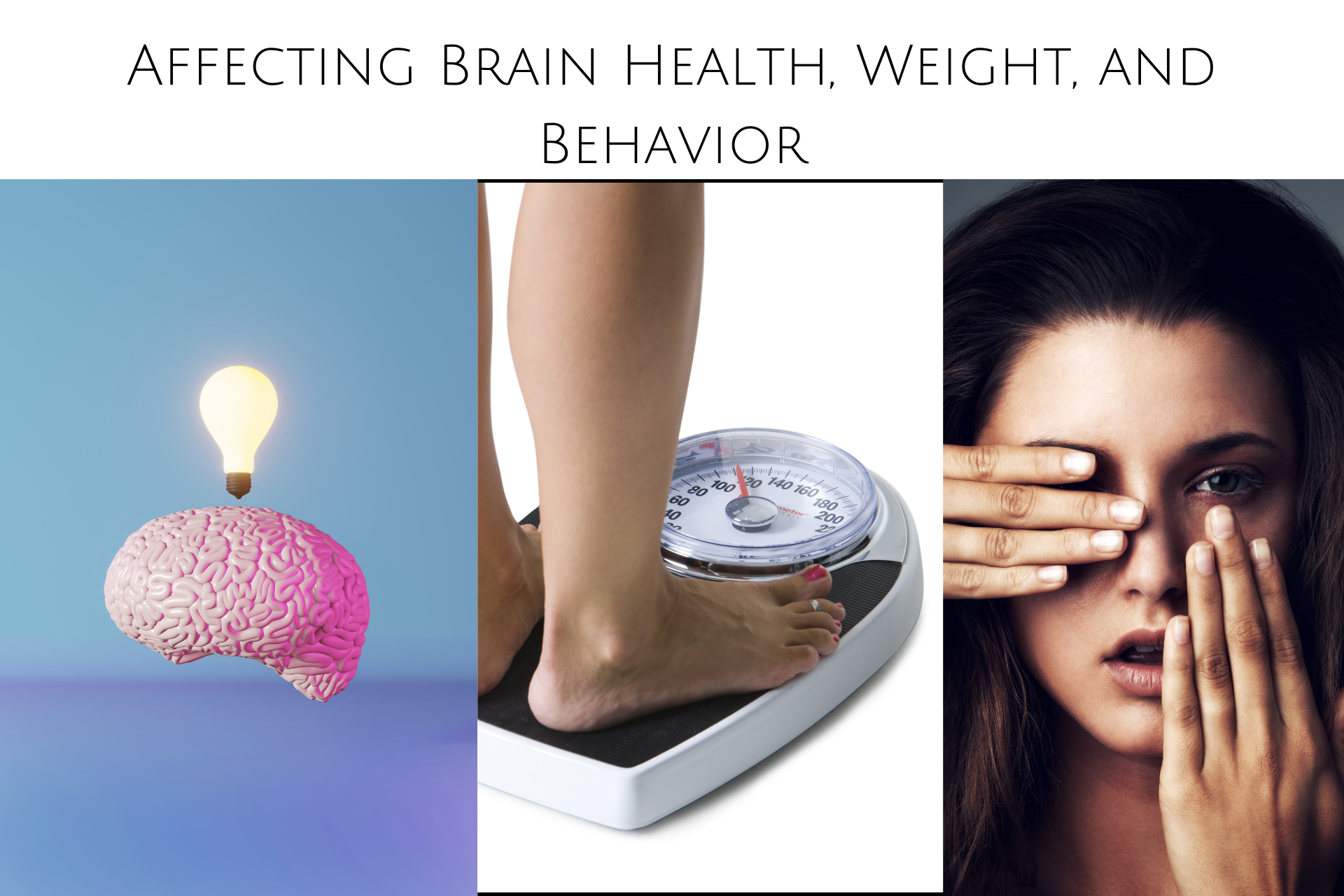 It has been shown to affect brain health, weight, and even our behavior. With the help of science, we have found out that our gut microbiome has a lot of benefits for our health.
It has been shown to affect brain health, weight, and even our behavior. With the help of science, we have found out that our gut microbiome has a lot of benefits for our health.
1) Gut Microbiome Affects Brain Health
The gut microbiome can affect brain health in two ways: the first is by regulating the production of neurotransmitters. The second affects how we process and store information in our memory.
2) Gut Microbiome Affects Weight
The gut microbiome can also affect weight in two different ways: first, it can regulate metabolism, and second, it can have an effect on appetite regulation.
3) Gut Microbiome Affects Behavior
Finally, the gut microbiome has been shown to affect behavior as well by regulating serotonin levels and controlling anxiety levels.
How can you improve your gut microbiome?
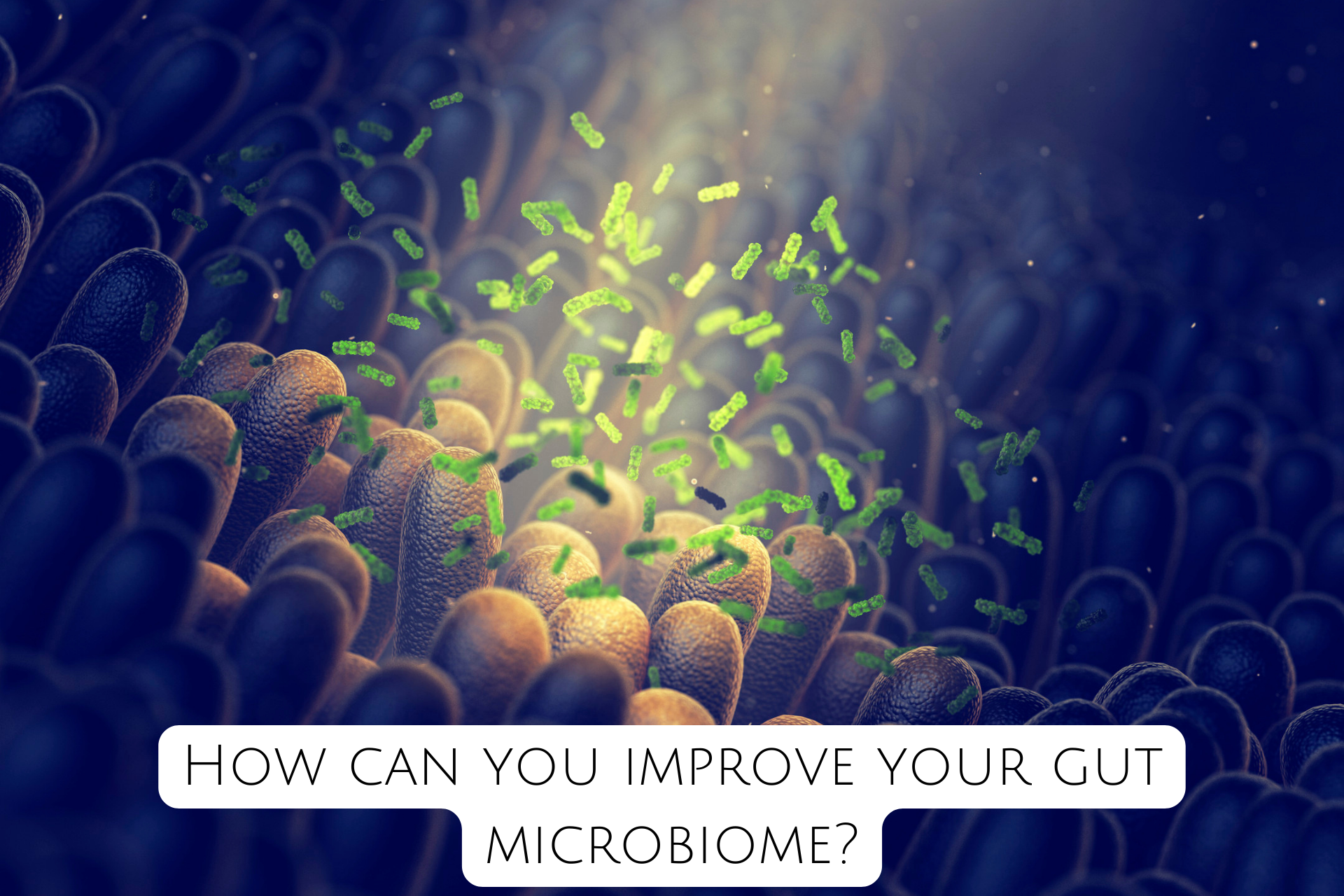
There are many benefits to improving your gut microbiome. It can prevent chronic inflammatory diseases, improve immune function, and even help you lose weight.
There are many ways to improve your gut microbiome, including eating a healthy diet, taking probiotics, and avoiding antibiotics when possible.
In order for your gut microbiome to function properly, you need to consume a variety of healthy foods in adequate quantities over time. This includes high-quality sources of protein and fiber found in fresh vegetables, fruits, whole grains, nuts and seeds, lentils, beans, and peas.
Recent Posts
-
The Mind-Body Connection: How Blood Sugar Affects Your Mood and Metabolism
Introduction: In today's fast-paced world filled with refined foods, chronic stress, and sedentary h
-
Why Hormonal Balance Is the Missing Piece in Women’s Wellness
Introduction: Hormones are the body's biochemical messengers that orchestrate nearly every aspect of
-
The Science Behind Mycotoxin Detox: What Does Research Say?
With increasing awareness of the impact of mycotoxins on health, the concept of mycotoxin detoxifica

